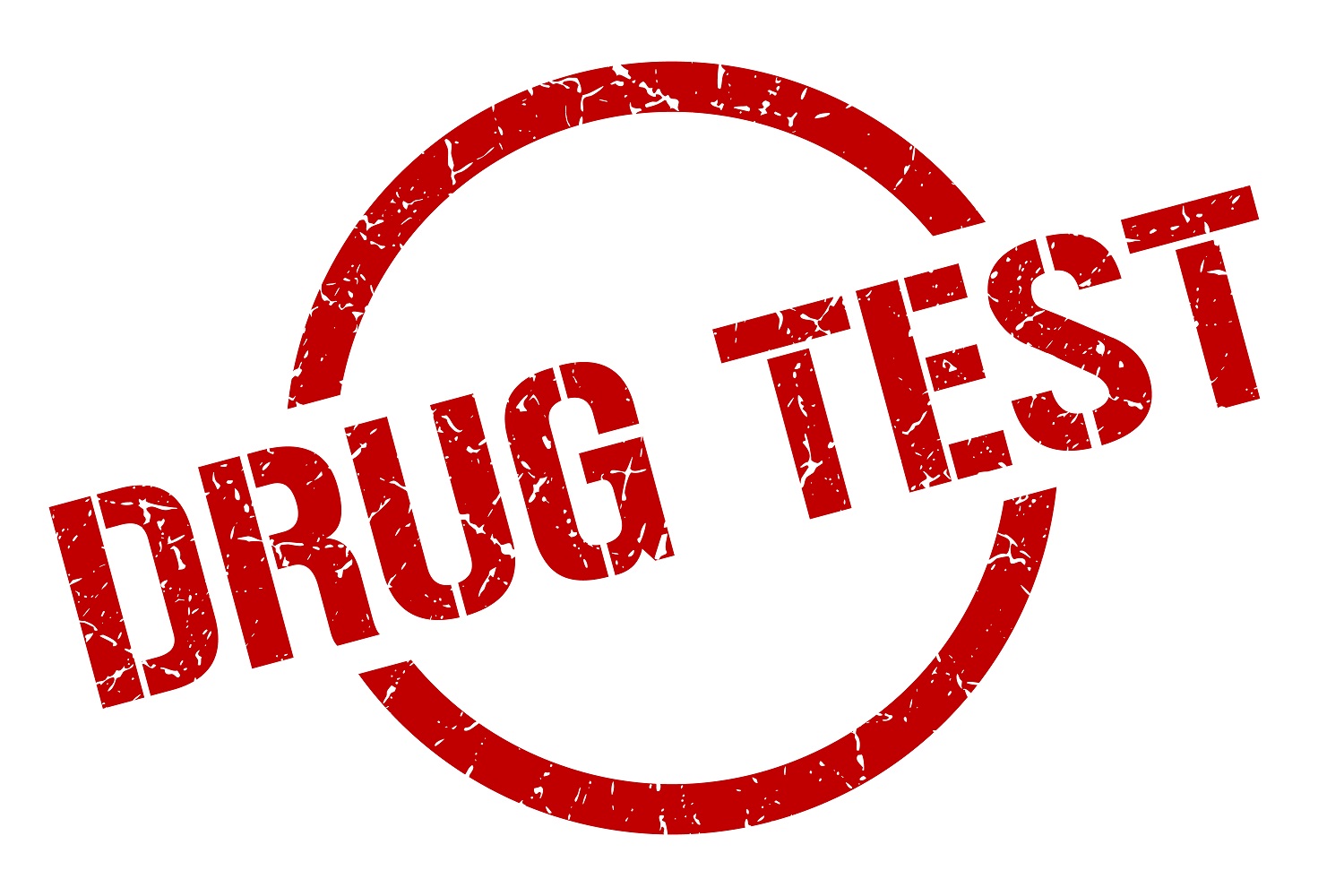Ever since the introduction of the 1991 Omnibus Transportation Employee Testing Act, FMCSA mandated safety-sensitive employees have been subject to drug and alcohol testing. These employees operate commercial motor vehicles (CMV) or transport large groups of people with their commercial driver’s license (CDL). If these employees were to drive under the influence, they put themselves, coworkers, and the general public in danger. As the drug and alcohol policy has been around since the early 90s, there has been growing concern that drivers have learned tactics to get around the testing procedures. In response, should the FMCSA consider implementing hair follicle drug testing?
Hair Follicle Drug Testing
A study released by the University of Central Arkansas suggests that if the FMCSA introduced hair follicle testing, more than 300,000 truck drivers would test positive. The study showed that urine testing is less accurate than hair follicle testing. Using a sample size of just over 150,000 subjects, the study gave each participant a urine and hair follicle test. The urine samples brought back a fail rate of only 0.6%, while the hair follicle caught much more at 8.5%.
Hair follicle drug testing has significantly higher rates of positive results because of the time frame for drug use. Urine testing only captures drugs that were used within the last 10 hours to one week except marijuana, which can remain present in a person’s urine for up to 30 days. Hair testing can obtain results for drugs used in the past three months. It’s significantly easier for an individual to tamper with their urine results (for a false negative), than their hair sample.
Hair follicle drug testing is quite simple and painless. A few strands of hair are removed from the scalp and sent to a lab for testing. The lab tests the hair twice to eliminate false positives from prescription medications or poppy seeds.
Discover FastTrack Enrollment to Get Back to Work Fast
As it stands today, if a driver refuses or tests positive for drugs and/or alcohol (via a urine collection), they will need to complete the DOT return-to-duty process with a Substance Abuse Professional (SAP). Should this happen to you, all hope it not lost. Partner with SAP Referral Services (SRS) to find a DOT-qualified SAP in your area quickly.
Since 2003 SRS has helped 25,000+ employees in the return-to-duty process. With our FastTrack Enrollment, you can start the process in just two simple steps. You will be put into contact with a DOT-qualified SAP, usually within 72 business hours. Start today so you can get back to work quickly. Click here to contact us.
SAP Referral Services (SRS) is the leading facilitator for mandated substance abuse evaluations. SRS maintains an extensive network of qualified providers in more than 3,000 locations nationwide for testing violations that originate from any of the DOT’s modes including FMCSA, FAA, FRA, FTA, USCG and PHMSA, or a company’s internal drug and alcohol testing policy.
